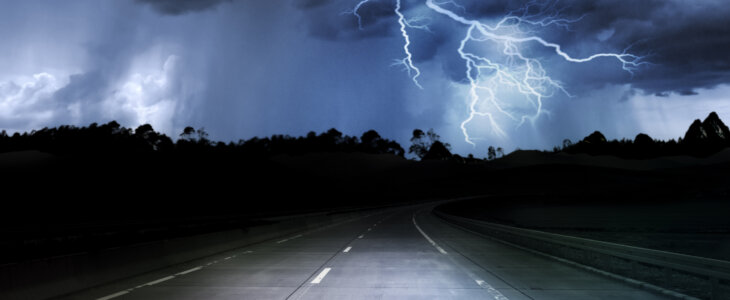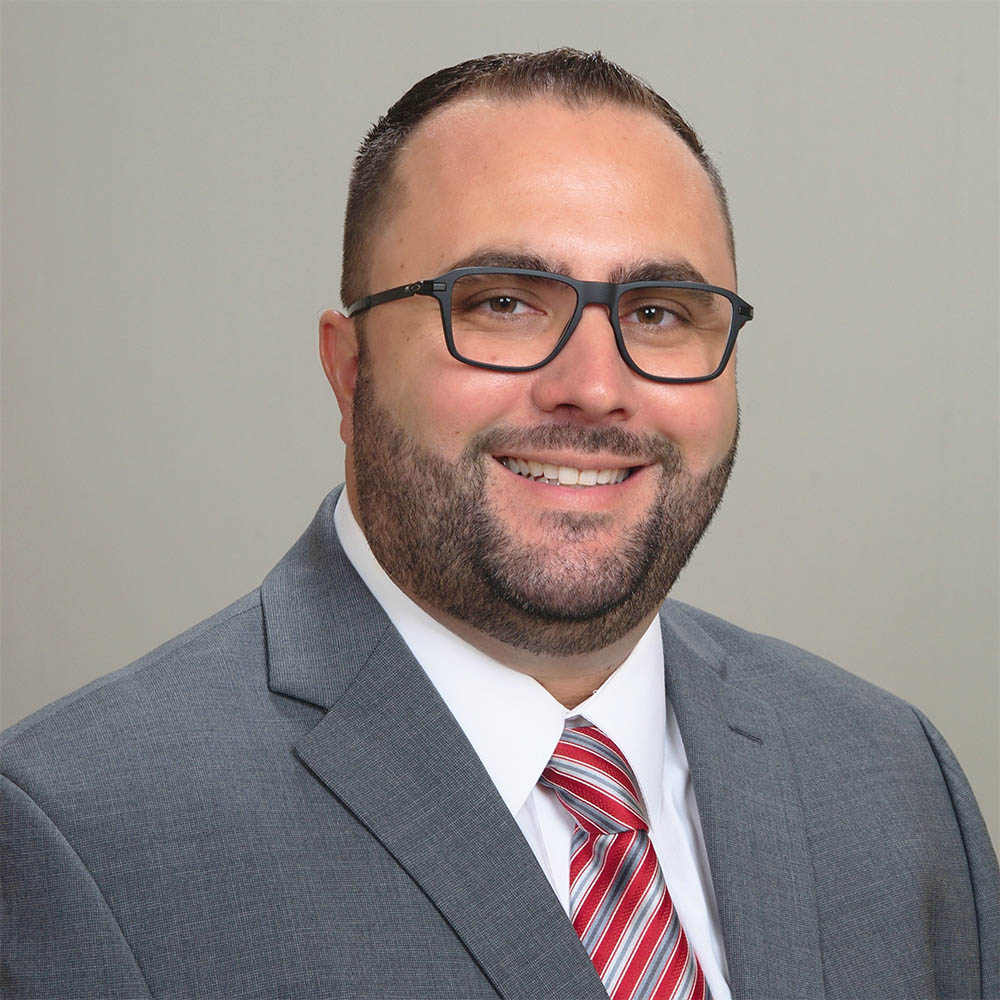Florida’s unpredictable and often severe weather can create dangerous conditions for property owners and visitors. From heavy rains and flooding to intense hurricanes and tropical storms, weather events can lead to hazardous conditions such as slippery surfaces, structural damage, and debris hazards. In cases where someone is injured on a property due to these conditions, premises liability laws come into play.
This blog from Tomlinson Law Group explores how weather conditions impact premises liability in Florida, the responsibility property owners have to maintain safe premises, and the steps injured parties can take if they are harmed due to weather-related hazards.
Understanding Premises Liability in Florida
Premises liability refers to a property owner’s legal responsibility to ensure their property is safe for visitors. This includes maintaining areas like sidewalks, parking lots, stairways, and entrances and removing or repairing potential hazards. In Florida, premises liability laws apply to residential, commercial, and public properties. The key factors in a premises liability case are:
- Duty of Care: Property owners owe a duty of care to visitors. The level of duty varies depending on whether the visitor is an invitee (someone invited onto the property, like a customer), a licensee (someone allowed to enter the property for their own purposes, like a guest), or a trespasser.
- Negligence: To hold a property owner liable for injuries, the injured party must prove that the owner was negligent in maintaining the property or failed to warn visitors of known hazards.
Weather and Premises Liability
Weather conditions, particularly in Florida, can rapidly create unsafe environments. While property owners are not responsible for the weather, they are required to take reasonable steps to protect visitors from weather-related dangers on their premises. Here’s how various weather conditions can influence premises liability cases:
Rain and Slippery Surfaces
Rain is a common cause of slip-and-fall accidents. Florida’s tropical climate leads to frequent downpours, creating wet surfaces in parking lots, entryways, and sidewalks. Property owners are expected to take reasonable steps to prevent accidents, such as placing warning signs, maintaining slip-resistant flooring, or ensuring that rainwater is drained correctly.
If a property owner fails to address these conditions and someone is injured, the owner could be liable for negligence.
Hurricanes and Storm Damage
Florida is prone to hurricanes, and after these storms, properties may be left with significant damage, such as fallen trees, broken windows, and unstable structures. Property owners are expected to secure their property as much as possible before a hurricane and make repairs or clean up hazards afterward.
For example, if a business owner knows that a tree was damaged by a storm and fails to remove it, and the tree falls on someone, the owner may be liable for the injury.
Flooding and Water Damage
Florida’s low elevation and frequent rain storms can result in flooding, especially in coastal areas. Flooded areas present multiple hazards, including slippery floors, electrical hazards, and weakened structures. Property owners must take action to warn visitors or block off access to flooded areas. Failing to do so can result in a premises liability claim if someone is injured.
Debris and Unsafe Conditions Post-Storm
After a severe weather event, property owners must address any dangerous debris or damaged structures on their premises. Broken glass, loose roof tiles, fallen tree branches, and other storm-related debris pose significant risks to visitors. If the owner delays necessary clean-up efforts and someone is injured, the owner could be found liable for negligence.
Proving Negligence in Weather-Related Cases
To hold a property owner liable for weather-related injuries, the injured party must prove that the property owner was negligent in maintaining the premises. This typically involves demonstrating that:
- The property owner knew or should have known about the dangerous conditions (e.g., wet floors, damaged structures, or debris) created by the weather.
- The property owner failed to take reasonable steps to remedy the situation or warn visitors of the danger.
- The injured party was hurt as a direct result of the property owner’s negligence.
For instance, if a store owner is aware of a leaky roof that causes water to pool near the entrance but fails to clean it up or places a warning sign, and someone slips and falls, the injured person may be able to file a premises liability claim.
Defenses to Premises Liability Claims
Property owners may raise several defenses in weather-related premises liability cases, including:
- Lack of Notice: The property owner may argue that they did not know about the dangerous condition and did not have enough time to address it. For example, if a storm just passed and the property owner is in the process of cleaning up, they might claim that they were acting as quickly as possible.
- Comparative Fault: Florida follows a comparative negligence rule, meaning that if the injured party is partially at fault for the accident, their compensation can be reduced. For example, if someone is running during a storm and slips on a wet floor, the property owner may argue that the injured person was partially responsible for their own injuries.
- Act of God Defense: Some property owners may argue that the weather event was an “Act of God” and that they could not have prevented the injury. This defense is more challenging to prove, as property owners are still required to take reasonable precautions even during severe weather.
How an Attorney Can Help
Weather-related premises liability cases can be complex due to the unpredictable nature of Florida’s climate and the numerous factors that contribute to these accidents. An experienced premises liability attorney can help by:
- Investigating the accident and gathering evidence such as weather reports, witness statements, and property maintenance records.
- Determining whether the property owner took reasonable steps to address weather-related hazards.
- Negotiating with insurance companies or representing the injured party in court to seek compensation for medical expenses, lost wages, and pain and suffering.
Your Trusted Coral Springs Premises Liability Attorneys
Weather conditions, particularly in Florida, can significantly impact premises liability cases. At the same time, property owners are not responsible for the weather but for maintaining a safe environment for visitors, even during and after severe weather events. If you’ve been injured due to hazardous conditions on someone else’s property, consulting with a skilled attorney can help you determine your legal options and pursue the compensation you deserve.
At Tomlinson Law Group, we have experience in premises liability cases, including those involving weather-related injuries. Contact us today to learn more about how we can assist you.


